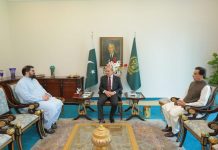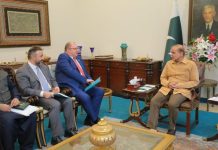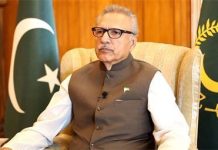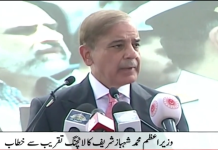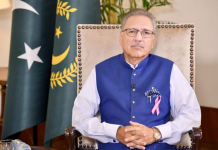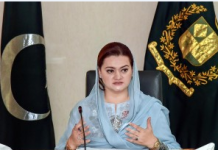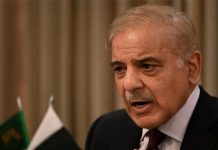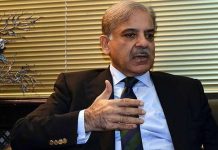ISLAMABAD: National University of Sciences and Technology (NUST) Rector Lieutenant General (r) Naweed Zaman said on Wednesday that the rapid urbanisation offers opportunitiesof fast-tracking regional connectivity through well-considered measures like reduction of tariff and non-tariff barriers.
Public-private partnerships and business-to-business linkages are also important for the purpose, Zaman said while addressing an inaugural session of a two-dayinternational seminar on ‘Peace, Growth, and Empowerment: Promoting Regional Connectivity’.
He said that the condition of regional connectivity in South Asia was far from satisfactory – as was evidenced by extremely low intra-regional trade amounted to only 5% of the region’s total trade. The seminar was jointly organised by NUST and Royal Danish Defence College (RDDC) and the rector acclaimed the efforts made by both the institutes for the purpose.
Zamancited a number of reasons for the region’s poor connectivity including high levels of trust deficit between India and Pakistan, poverty, terrorism, the unresolved Kashmir issue, long turmoil in Afghanistan and the isolation of Iran.
“China, Pakistan, India, Iran, Afghanistan, Central Asian Republics (CAR) and other South Asian states have a total population of approximately 3.5 billion – which is more than 45% of the total global population –but the massive population bloc is being held hostage by negative politics,” former Chairman Joint Chiefs of Staff Committee (CJCSC) general (r) Ehsanul Haq said.
The general added that promoting the regional connectivity means that ‘One Belt One Road’initiative and its flagship node –China-Pakistan Economic Corridor (CPEC) – were destined to pursue the approach for maximum peace, prosperity and harmony.
Denmark encouraged efforts aimed at increasing regional cooperation and integration and was committed to furthering different kinds of initiatives to enhance level of connectivity in the region, the former CJCSC said.
Ehsanul Haq said that in the contemporary world, no country could afford to live in the oblivion of the general global state as it wasthe responsibility of every country to work toward in greater harmony and mutual understanding – in its region and world at large – through focused multi-sector measures.
The two-day seminar consists of two grand sessions, two plenary sessions, and five exhaustive roundtables – which will highlight different aspects of regional connectivity, cooperation, and integration. Discussions and deliberations will take place on diverse but related topics.

